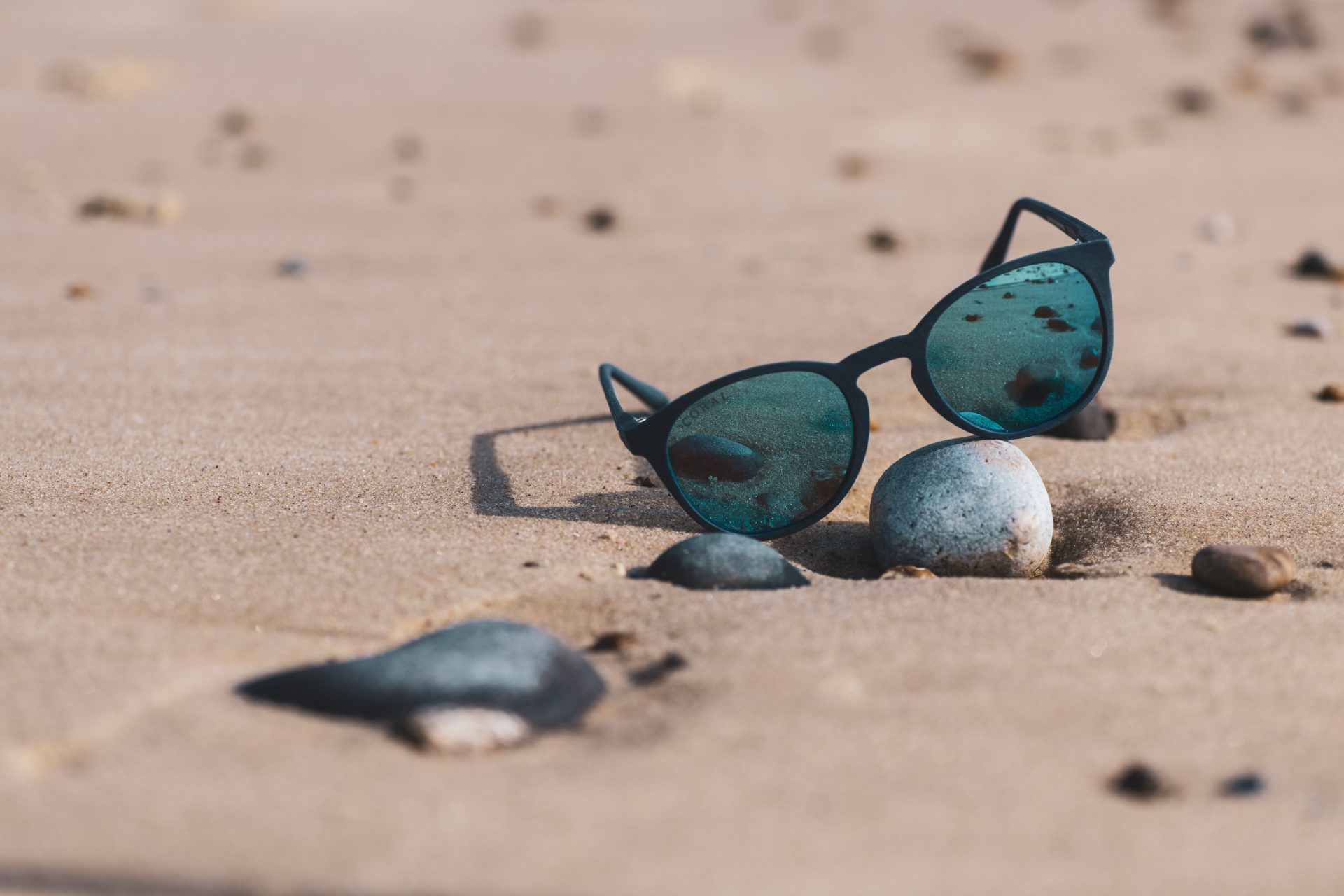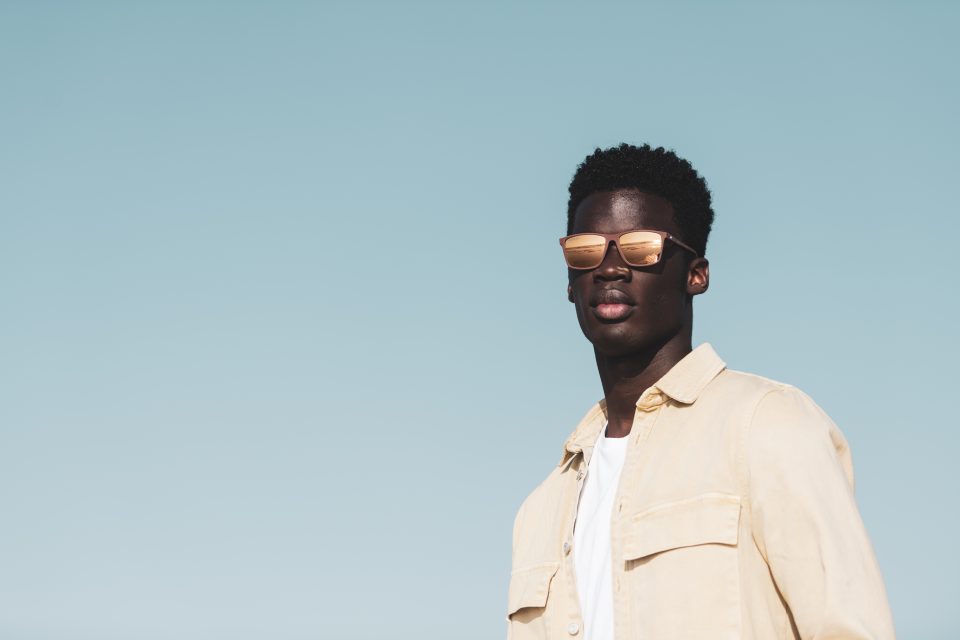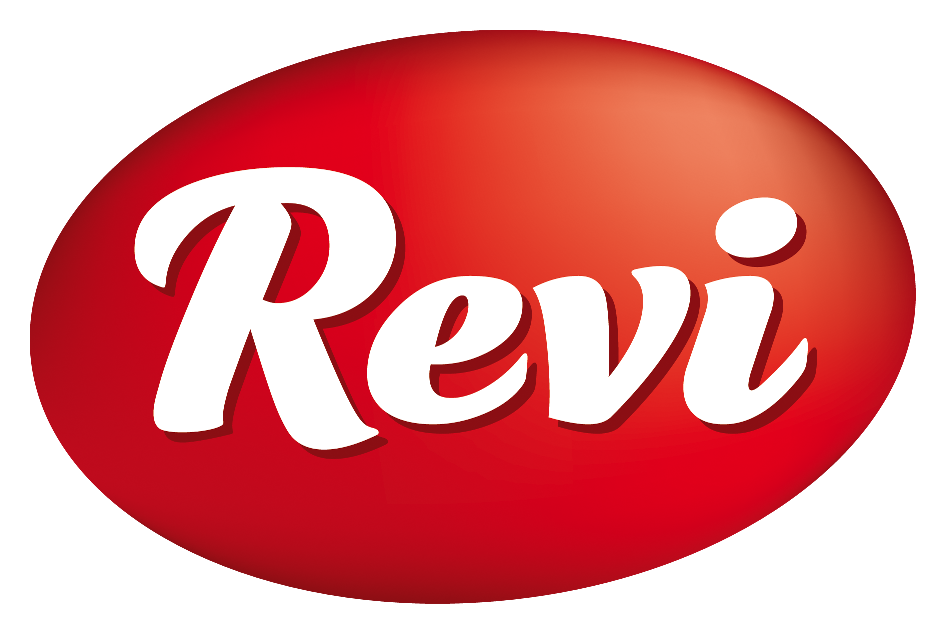Transforming ocean plastic to sustainable stylish eyewear (UK)
- Rowan W.

A university project on tackling plastic pollution inspired George Bailey to create Coral Eyewear. After learning that 600,000 tonnes of abandoned fishing gear, such as nylon nets, entered our oceans every year, George knew he wanted to do something that made a difference. Rather than working on ways to prevent this waste, George wanted to look at ways of removing the plastic from the ocean, and creating a profitable business as a result.
Reminded of a conversation with his father—about the difficulties of sourcing sustainable eyewear—George investigated methods of transforming the discarded nylon into frames and creating a commercially viable product. Coral Eyewear was born.
Traditionally, glasses are made from virgin plastic, which is derived from crude oil. In the UK alone, some 34million people wear glasses: an unexpected source of plastic pollution, and unsustainable production practises. The opportunity was there, but George needed to find a way to produce industry grade nylon without using unsustainable raw materials.
George discovered ECONYL®, a sustainable nylon made by an Italian company called Aquafil. Aquafil use a patented regeneration process to transform waste nylon into its pure compound form: creating a closed loop in which ECONYL® can be repeatedly recycled, remoulded, and upcycled to create new products. Unlike normal recycled plastics, this product is indistinguishable from virgin plastics, with no issues with product quality, colouring, or durability: making it idea for high-end fashion items.
The company collects waste plastic from all over the world, including oceans and landfills, reducing pollution, and conserving resources. The waste plastic is then transformed into stylish, sustainable eyewear, from spectacles to sunglasses.
Coral Eyewear’s commitment to sustainability is more than just producing the glasses through an eco-friendly method. All the product packaging is fully recycled or recyclable, including plastic cases and cleaning cloths. To encourage a closed loop, and reduce future waste, customers receive a 10% discount on their next purchase if they return their old Coral Eyewear for ECONYL® regeneration.
George won a UEA Impact Award in early 2020, helping to fund research, development, and the soft launch for the business. Coral Eyewear is now available in 50 independent stockists, and has received multiple celebrity endorsements.


Click on the link below to go to the website of Coral Eyewear.
Coral Eyewear
This case study is based on a longer piece by business writer Huw Sayer, which can be read on the Norwich BID website
Norwich BID

